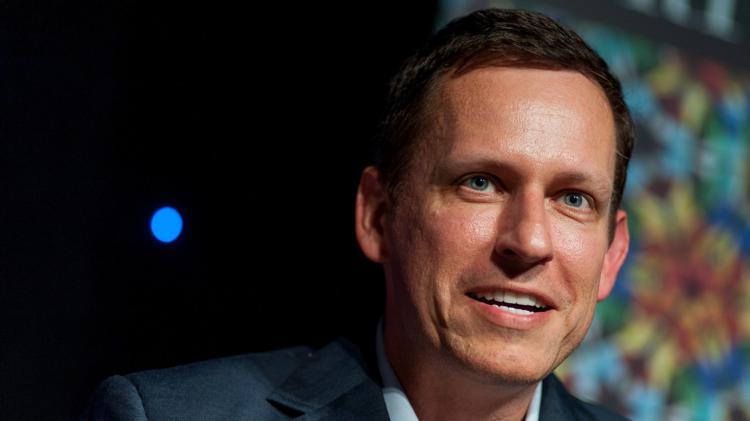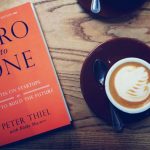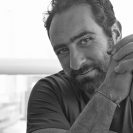In 1998, Peter Thiel made e-commerce easier, faster and more secure by co-founding and leading PayPal, which now has more than 128 million active financial accounts. In 2002, he sold his company to e-Bay and founded the global macro fund Clarium. In 2004, in addition to founding Palantir Technologies, a platform for finance companies, he also became the first outside investor in a then little known company called Facebook; he still serves on their board to this day. He cofounded and manages Founders Fund, a Silicon Valley venture capital fund and has also been directly involved in helping the next generation of tech companies such as SpaceX, LinkedIn, Yelp, RoboteX and Spotify.
Peter Thiel is a contrarian by nature. It comes down to how he sees the world. He often reduces the world to a single question (though one he poses many different ways to suit the occasion) and likes to use it in interviews: Tell me something true that nobody agrees with you about? The premise of this question is not necessarily new. The want to ask essentially “what would you do different,” which is a reoccurring theme in the business world. But for Peter, it runs everything he does. Over the course of an hour he forms the same question 9 different ways.
A few years back Thiel returned to his alma mater, Stanford, to teach a class that combined what he has learned from the business world, tech, and investing. Though he has been as critical about the world of formal education as he has been about other mainstream business practices. For example, he thinks all businesses should at least be striving for a monopoly, and reduces most forms of competition in terms of this model. After his class was wrapped up at Stanford he looked for a way to offer the information taught in his class in another format that might reach a larger audience. The resulting book, Zero to One. For a guy who has such a magnificent track record of being in the right place at the right time, he is surprisingly humble and giving about the keys that have led him there.
In Thiel’s mind, the great secret of our time is that there are still uncharted frontiers to explore and new inventions to create. In Zero to One, he shows how we can find singular ways to create those new things. Thiel begins with the contrarian premise that we live in an age of technological stagnation, even if we’re too distracted by shiny mobile devices to notice. Information technology has improved rapidly, but there is no reason why progress should be limited to computers or Silicon Valley. Progress can be achieved in any industry or area of business. It comes from the most important skill that every leader must master: learning to think for yourself.
The next Bill Gates will not build an operating system. The next Larry Page or Sergey Brin won’t make a search engine. Copying others takes the world from 1 to n, adding more of something familiar. But when you do something new, you go from 0 to 1. Tomorrow’s champions will not win by competing ruthlessly in today’s marketplace; they will escape competition altogether, because their businesses will be unique.
Zero to One presents at once an optimistic view of the future of progress and a new way of thinking about innovation: it starts by learning to ask the questions that lead you to find value in unexpected places.
When talking about the SpaceX investment he says that they received a lot of flack for making what seemed like a risky move, but insists that the business model was surprisingly sound. About his investment with Facebook he states that he couldn’t give them the check fast enough: he simply knew it was going to be something good.
Since so many of his former employees have gone on to create such amazing companies on their own, the question naturally comes up about how he picks his team. He simply says that it helps to be friends. He cites that he is much more likely to invest if the partner’s backstory is a deeper one. Proving altogether why everything for him is balanced. He says, it is good to be the contrarian, it helps to be right.
As a guy who does not like the broad speech of most opinionating these days, but instead would rather distill the problem to its simplest form, he is as measured with his words as he is with his investments. In the end, the point remains the same: be bold in your ideas, and patient in the results.
Zero to One is available at most booksellers. Go to zerotoonebook.com for more information.









